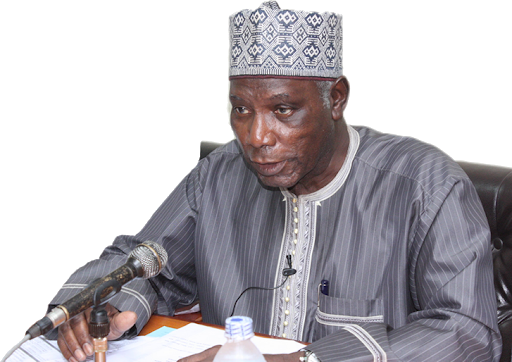Alieu Momarr Njai, chairman of the independent electoral commission (IEC) has revealed that currently, there are sixteen (16) registered political parties in the country and the list may go on and on by all indications
He also said the Commission encouraged political plurality in line with the ideals of multi-party democracy as enshrined in section 26 of the Constitution of The Gambia (1997) and section 104 of the Elections Act
Chairman Njai made the revelation at the opening of a two-day stakeholders’ validation workshop on the recommendations for the amendment of the elections act. The two days forum is organised by Ministry of Justice in partnership with the Africa and West Asia Programme of International IDEA (AWA IDEA) and the Independent Electoral Commission.
According to him, the Commission guided by its tradition of open-door policy remains open to genuine and constructive engagement to further advance the electoral process.
In view of this, he said the need for strengthening institutional capacity of the Commission also remains a key endeavor for the Commission.
Njai pointed out that the need to embark on electoral reform is key in the Commission’s drive to improve electoral service delivery to Gambians.
“Towards this end, the IEC continues to solicit the usual cooperation of all stakeholders in the electoral process and in particular the Ministry of Justice, “he said.
He also revealed that as the lead institution in electoral matter in The Gambia, the Independent Electoral Commission (IEC) conducted a series of meetings with stakeholders in the electoral process to chart the way forward in electoral service delivery in The Gambia, adding that these meetings were held in all the administrative regions of The Gambia in June of 2019.
He said these interactions provided the invaluable inputs on proposed electoral laws to better guide the conduct of elections and its related activities such as voter registration, political campaign, conduct of political parties, just to name a few.
The need for electoral reforms cannot be under stated as has been the clarion call of many political actors in The Gambia. Due to gaps in the existing electoral laws particularly the Electoral Act, the need for electoral reforms is indeed imperative.
“The next cycle of electoral activities cannot be efficiently conducted without the appropriate reforms in electoral laws,”Njai pointed out.
He added: “The IEC continues to make all efforts to build on the gains made in the past in order to establish a sound an enduring democratic culture based on the right of the citizenry to participate in the development of the country and to maintain at all times a free, fair and transparent electoral system.”
According to him, attention has t been focused on the delivery of electoral services for the people of The Gambia to have the opportunity to participate in the development of the nation through the exercise of their right under the franchise to hold diverse political opinions, associate freely without undue hinderance and regularly elect their representatives in genuine elections, in an atmosphere of peace and tolerance.
“In its resolve to attain the outlined policy, the Independent Electoral Commission has set itself objectives based on the principles of Fair-play, Integrity and Transparency, which is indeed the motto of the Commission, “he Njai noted.




